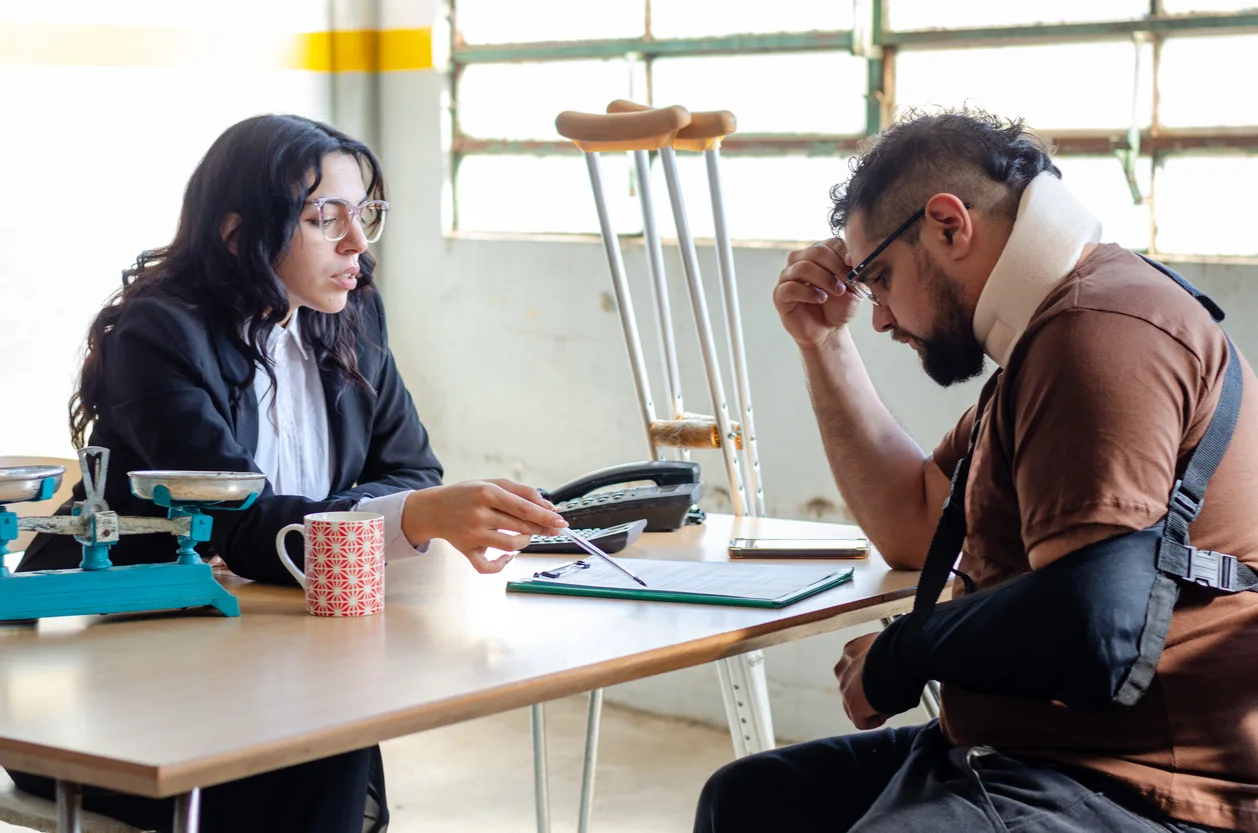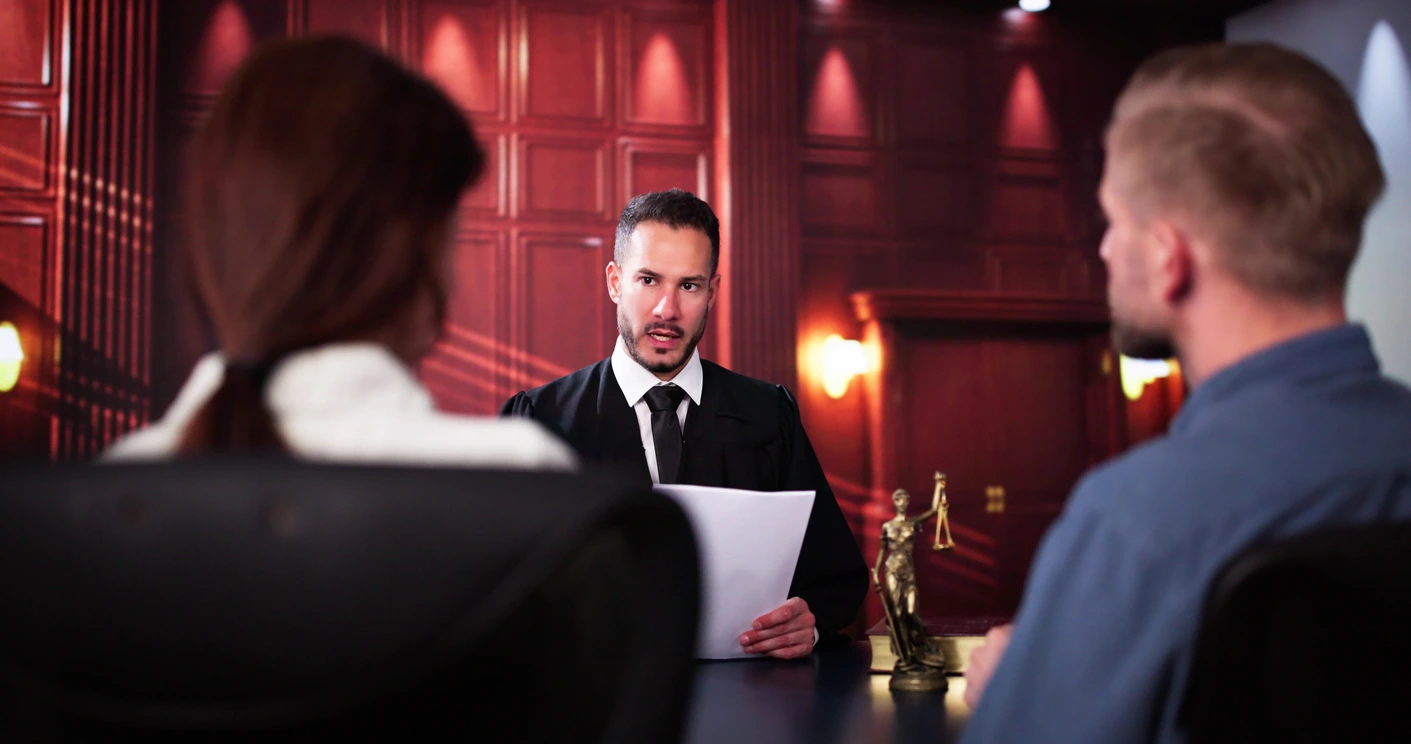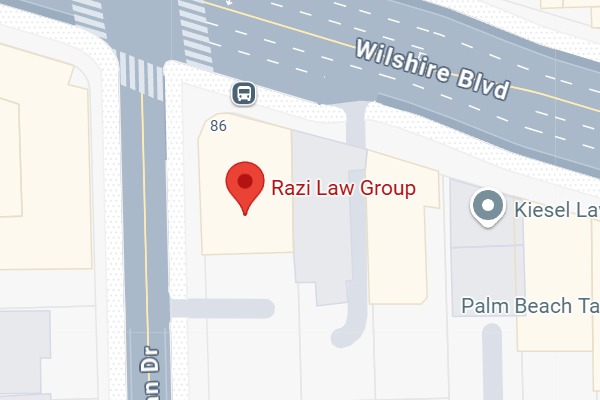AI Dashcams and What They Mean for Auto Accident Claims: New Technology and Its Effect on Personal Injury Cases
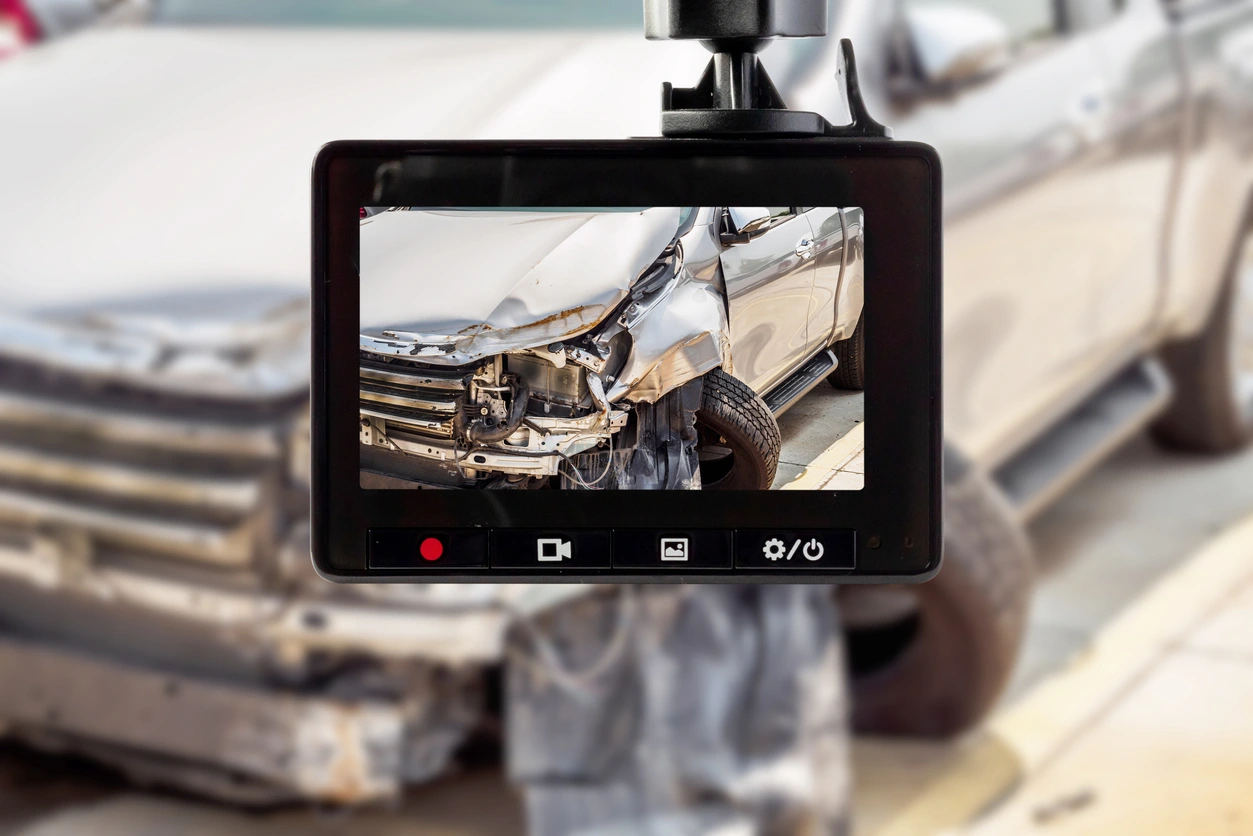
Artificial intelligence has been quietly revolutionizing nearly every part of our lives, changing the way we search for information, drive our cars and interact with our online devices. But there’s one track that’s being significantly disrupted by AI: personal injury law. We mean that literally, by the way; we’re discussing the AI dashcams that are turning the process of car accident claims on its head. Now, these clever gadgets are providing drivers with a whole new type of defense — and handing a Carlsbad injury lawyer a whole new type of evidence. Whether you’ve never heard of AI dashcams or you’re skeptical that they’re nothing but a tech fad, it’s time to put aside your preconceptions and see how they could impact your practice — and change legal cases as they happen.
How can AI dashcams assist after an accident?
Dashcams have been around for some time, that merely recorded traffic incidents, now there is a subset of dashcam which are A.I.-powered. These cameras are not just recording video, they are also analyzing data. Using machine learning they can identify unsafe behaviours such as hard moderate braking, close following, weaving in and out of lanes, and of course distracted driving. When these cameras record video, that is often accompanied GPS data, an indicated speed, and readings from accelerometers to form a complete context of what was happening before, during, and after a collision occurred. This is useful to carriers, but more importantly, game-changing in personal injury matters when attention to detail becomes paramount when defending a personal injury claim.
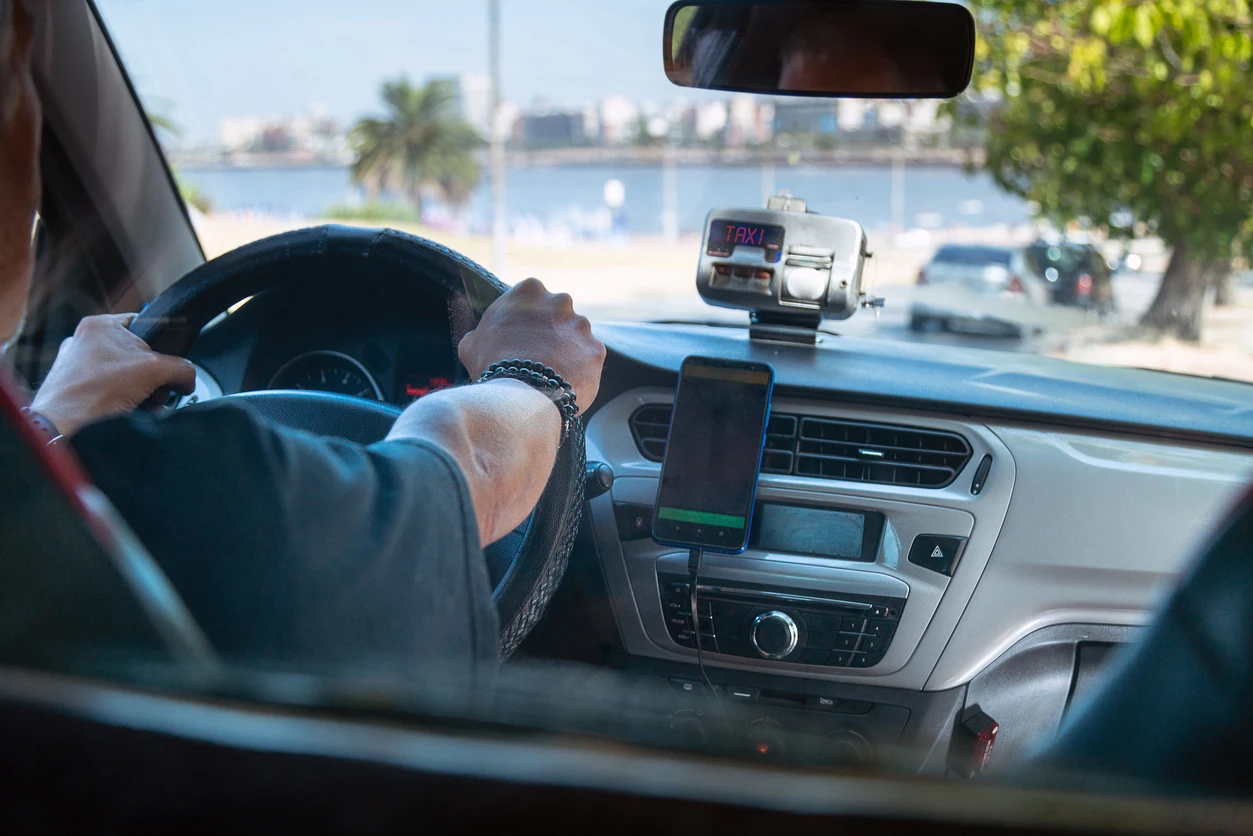
Is Dashcam Footage Admissible In Court?
Yes, and increasingly, it is. Video evidence from dashcams, especially AI dashcams that offer layered context, can be very persuasive in a courtroom. And that is because it provides an impartial lens through which to see what happened. While eyewitnesses may have a hard time remembering details, and drivers may give conflicting accounts, lawsuits for personal injuries rarely change public perception that rides against the cyclist. But a dashcam doesn’t lie. It tells you how fast you were moving, the point of impact, and whether the other driver was texting or weaving. AI tech goes a step further by highlighting these behaviors in real time, and those annotations can really make your case.
Do the insurance companies also rely on AI dashcams?
Absolutely. Some insurers may also offer discounts to those who use A.I.-powered dashcams, with such devices deterring false claims and promoting better driving. That’s good for both the insurers and the insured. And beyond that, they could alert drivers to dangerous behavior, thereby reducing accidents in the first place. The ripple effect? Fewer claims, less disagreement or a speedier resolution of same when the things to do go wrong. If you are in a car accident insurance claim, a clear video footage might end up slashing the time even shorter.
What if The Dashcam Proves You are At Fault?
It’s a legitimate question — and a reason some drivers feel wary about installing AI dashcams. But the thing is, transparency is a two-way street. Even if you were only partially at fault, dash-cam images could still be of use by showing the other driver was speeding or breaking the rules of the road — assuming they were. Fault is often divided in personal injury cases. A minute record could limit you liability and damages. And in some instances, the truth may help you reach a settlement more quickly and with fewer personalized legal services. So even when the video isn’t perfect, it can still be professionally useful.
Do Insurance Companies Love AI Dashcams?
Absolutely. Some insurers even give discounts to drivers who install A.I.-powered dashcams, because tools like these deter false claims and encourage safer driving. That’s a win-win for both the insurers and the insured. Beyond that, AI dashcams can alert drivers to dangerous behavior, which can, in turn, reduce accidents in the first place. The ripple effect? Less claims, less dispute and quicker resolution of them when the things to do go wrong. If you are in a car accident insurance claim, a clear video footage could cut the time even more.
Dashcam Footage: Is There a Right to Privacy?
That is one of the central questions under consideration. In most states, it is usually legal to shoot that kind of video of public places like roads and highways — even if the footage is filmed and used for personal use only. But if you are deploying AI dashcams that record audio or inside the vehicle then you might fall under different consent laws. For personal injury lawyers, knowing the local laws is key before introducing dashcam footage in court. Yet the consensus feeling appears to be that the pleasure of having a simple visual record that clears up who did what is well worth the overwhelming majority of privacy concerns — especially if you’re the one who has been injured.
Can AI Dashcams Really Help Prevent Accidents Before They Happen?
It’s impossible! — and yet they are! Some of the more advanced AI dashcam systems will even alert the drivers in real time. It’s like having your own fancy co-pilot that gives you a gentle nudge when the system detects that the car is drifting into another lane or, in some cases, if the driver seems to be dozing off while listening to classical music stations for safety precautions. Distracted driving is one of the leading causes of accidents, so these mild nudges may help prevent numerous collision scenarios. And fewer collisions means fewer injuries — and therefore, fewer lawsuits. Another reason why personal injury lawyers are paying attention to this sector is that it involves significant financial implications.
What about when the other driver has an AI Dashcam?
Here’s where it gets interesting. * If the other side in your collision has a dashcam, you may be able to get that footage from them in the discovery phase of lawsuit. This can be particularly important if you believe they were at fault for the accident. And, the opposite is also true, of course. If you have the footage, the other side can request it. That’s why it’s smart to protect the data and to back it up. Knowing whether or not your personal injury law firm is knowledgeable about electronic evidence can make a big difference with your case.
Is there a case for the average driver to have an AI dashcam?
That depends on how much you consider peace of mind to be worth. For the everyday driver who has regular long drives or is in the middle of a traffic-intensive area every day, the AI dashcam is a big help. It’s not fighting fault in a crash — it’s a safety net. Whether you are anxious about hit-and-runs, contested liability or pedestrian claims, having non-disputable evidence allows an annoying incident to be more easily managed. And with the price of AI dashcams falling, they’re also more accessible than ever.
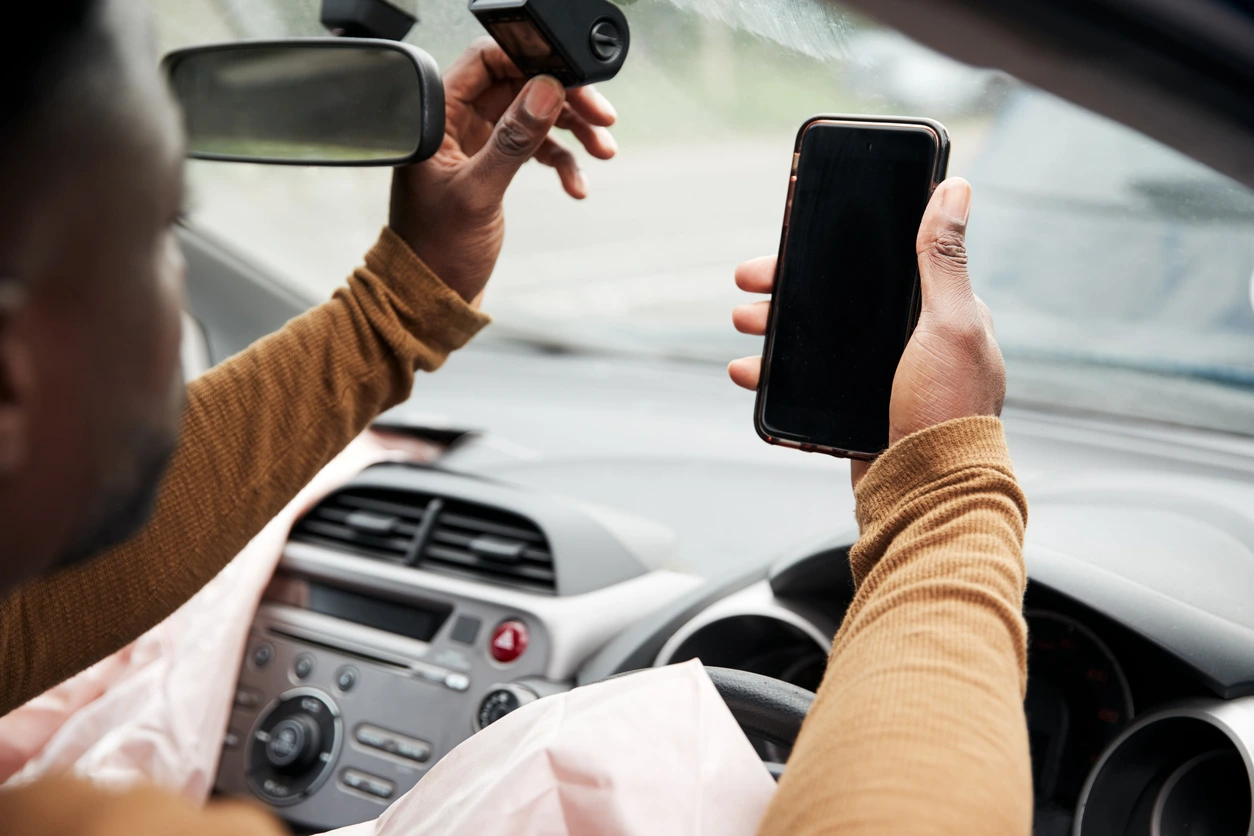
Conclusion
AI dashcams are transforming the process of handling personal injury cases — from establishing fault to shielding drivers from fraudulent claims. With real-time analysis, behavior tracking and high-quality footage, they’re doing more than just recording crashes. They are aiding victims in obtaining justice, attorneys in winning cases and insurers in bringing cases to a conclusion more quickly. One moment on the road can change everything — don’t take the risk with your drive. Drive with confidence.



